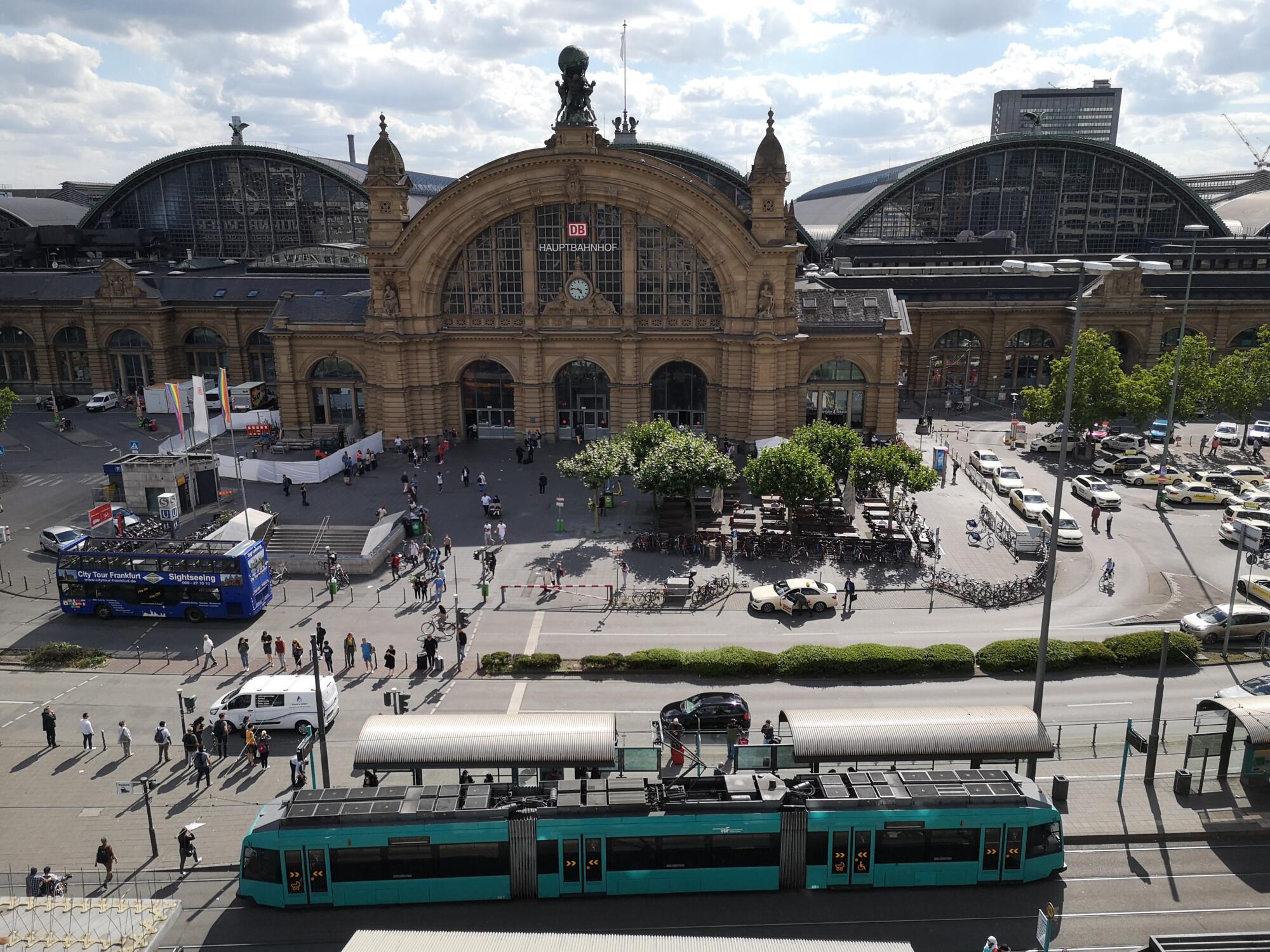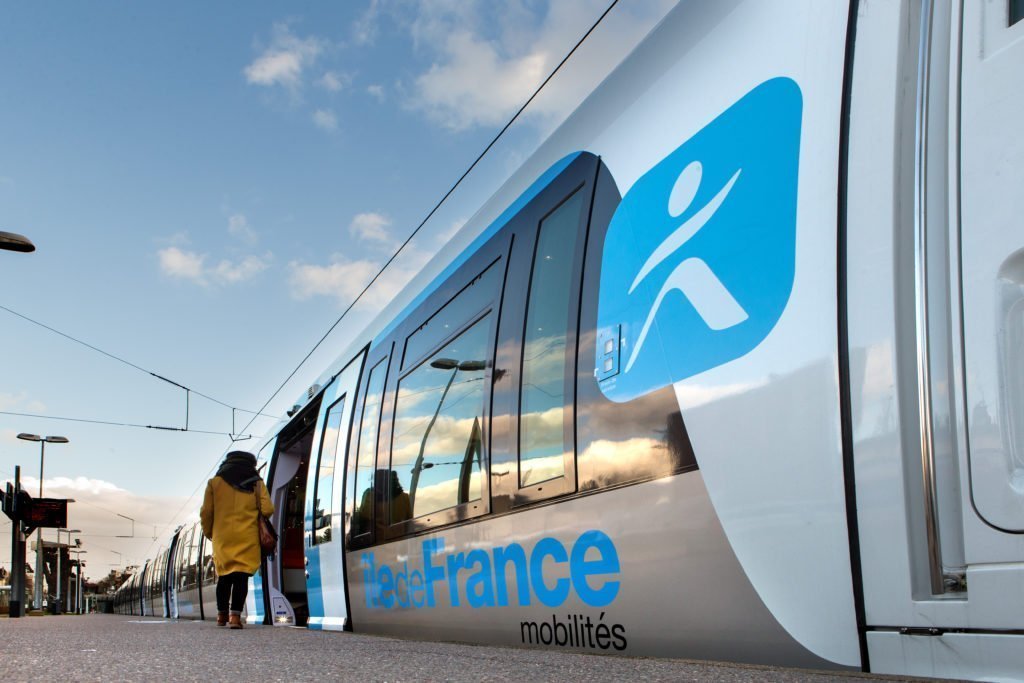The Future of Public Transport: Can we build a common position?
On 19 September, POLIS’ Governance and Integration working group met to discuss the future of public transport and the key challenges facing the sector in the next decade, and build a common position amongst cities and regions.
Over the next few years, public transport faces an uphill battle. Services need to be more attractive, extensive and affordable; behind this, additional funding is urgently required, while the workforce faces a major skills shortage. Yet innovative changes hold huge promise, with electrification, multi-modal ticketing technology, new public-private partnerships rapidly shifting and enhancing the offer available.
To identify the key challenges at hand, POLIS brought together voices from cities and regions across Europe, from major capitals including Madrid and Lisbon to smaller cities including Vic, as well as regions such as Frankfurtreinmain and Ile de France.
“It is critical for us to prioritise public transport, but you are all experts here, you all know why this is important, and why it need to be at the top of the political agenda at the European Commission,” said Françoise Guaspare from Ile de France Mobililites and Chair of the Working Group.
“In one year, we will have a new commission and commissioner for transport, and we need to be ready with a position.”
‘Prioritising public transport’ has become a common catch phrase amongst sustainable mobility advocates. Yet, it has also become a catch-all phrase; what exactly do we mean when we campaign for “better” public transport, and what exactly do our cities and regions need to achieve this?
As such, the conversation explored the availability of funding, electrification, transport cohesion between urban cores and the periphery, the role of car sharing in a more sustainable mobility mix, the challenges posed by digitalisation and the urgency for more resilient infrastructure in the face of a changing climate.
While POLIS members’ experiences differed, there was consensus reached about some of the key actions and support cities, regions and their operating partners require at national and European level.
POLIS members can read the full report HERE.



